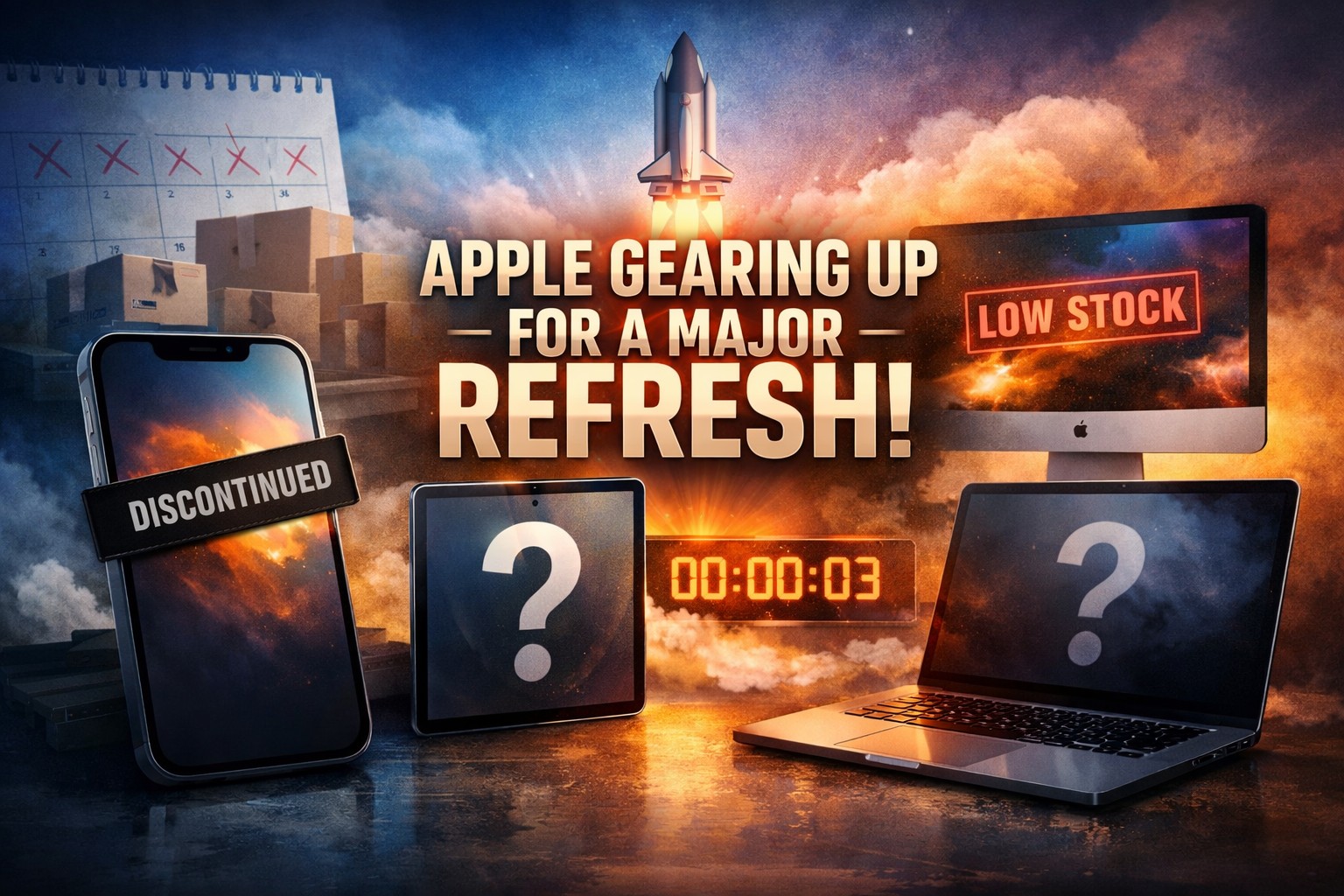YouTube just nuked your last refuge from video ads. The platform’s newest enforcement wave specifically targets Firefox and Opera users who thought uBlock Origin made them bulletproof against ad-blocker detection.
The Free Ride Ends Here
Smart users found sanctuary in browser-extension combos that ghosted past YouTube’s radar since May 2023. Firefox paired with uBlock Origin became the Swiss Army knife for uninterrupted viewing without subscription fees. Those golden days just flatlined.
What started as polite warnings evolved into video blocking throughout 2024 and now delivers the knockout punch. You’ll face YouTube’s ultimatum screen: “Ad blockers are not allowed on YouTube.” No appeals process, no grace period—just immediate compliance or lockout.
Your Wallet or Your Privacy
YouTube’s subscription shakedown offers two painful choices. Premium costs $14 monthly for complete ad removal, background play, and downloads. Premium Lite strips ads for $8 but excludes newer features like ad-free YouTube Shorts.
That’s $96-168 yearly just to watch content without interruption. You’re essentially paying Netflix prices to access free videos that creators already monetized through sponsorships and merchandise.
The real kicker? Many users aren’t just dodging ads—they’re blocking invasive tracking. One privacy advocate explained: “I block all tracking cookies… I hate tracking cookies even more than ads.” YouTube’s detection system doesn’t distinguish between ad-avoidance and privacy protection.
The Surveillance Backlash
Privacy groups aren’t backing down quietly. EU consultants filed criminal complaints accusing YouTube of “unlawful surveillance” for detecting ad-blocker usage. The legal challenge frames ad-blocker detection as invasive monitoring rather than legitimate business protection.
Reddit communities exploded with frustration. User PumpkinKing_0922 captured the monopoly problem: “I wish there were more YouTube competing services out there,” a sentiment growing louder as YouTube’s pause screen ads spark backlash over nonstop monetization.
What’s Happening
YouTube is rolling out this enforcement gradually across regions. Southeast Asia and parts of Europe still have breathing room, but global implementation appears inevitable. The company is betting most users will surrender rather than migrate to alternatives like Invidious or Piped.
The cat-and-mouse game between YouTube and ad-block developers continues, but the mouse traps are getting smarter. Each workaround gets patched faster, and the detection methods grow more sophisticated.
Your move now involves real consequences. Disable your privacy tools, pay monthly tribute, or find new platforms that respect your browsing choices. YouTube’s making the decision personal—and expensive.




























